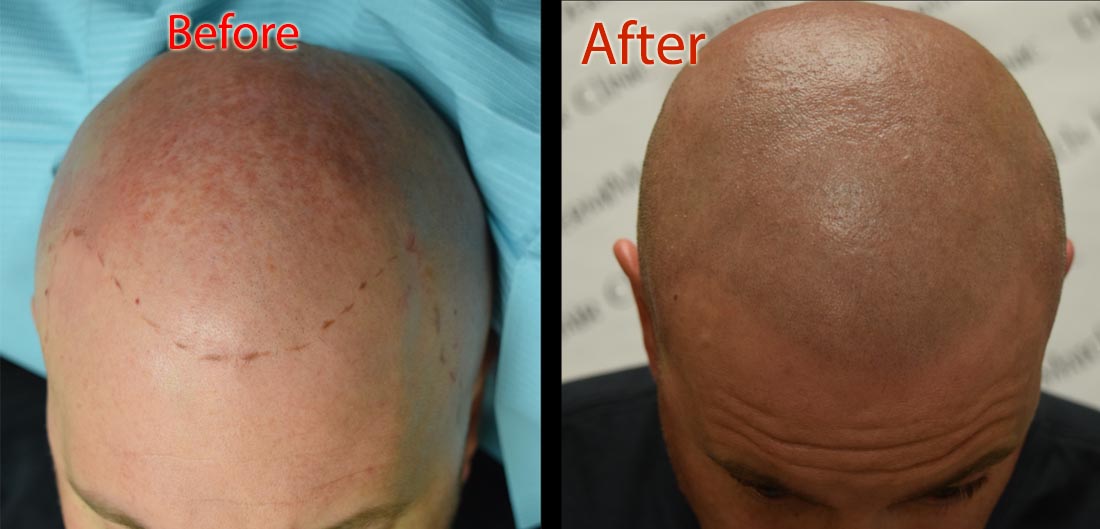Your hair tells a story about your internal health. Each strand reflects your nutritional status. When hair starts thinning or falling out excessively, it often signals something missing in your diet. Nutritional deficiencies rank among the most overlooked causes of hair loss worldwide. Perhaps the role of nutritional deficiencies in hair loss of different types cannot be denied.
While genetics plays a role in pattern baldness, many people experience preventable shedding simply because their bodies lack essential nutrients. The connection between diet and hair health remains strong but underappreciated.
Nutritional Deficiencies in Hair Loss
Hair follicles are among the most metabolically active cells in your body. They require consistent nutritional support to function properly. Without key vitamins, minerals, and proteins, these follicles weaken, shrink, and eventually stop producing healthy hair.
This process happens gradually, often without obvious warning signs. Understanding which nutritional deficiencies contribute to hair loss helps you take control of your hair health journey.
By identifying and correcting these specific imbalances, you might reverse early-stage thinning before permanent damage occurs. However, for those with advanced hair loss, nutritional intervention alone might not be sufficient. So you may want to try alternative solutions like scalp micropigmentation to restore confidence and appearance.
Hair Loss and Nutrient Deficiencies: What Your Body Needs
Hair loss isn’t always genetic. Your diet plays a huge role. Nutrient deficiencies often trigger hair loss. Let’s look at what your body might be missing.
Iron
Iron feeds your hair follicles. It helps blood carry oxygen to your scalp. Low iron causes hair thinning, especially in women. Feel tired all the time? Your hair and nails look weak? Check your iron levels.
Vitamin D
Sunshine vitamin matters for hair growth. It helps create new follicles. Indoor lifestyles lead to vitamin D deficiency. Hair thinning on top of your head might signal low vitamin D.
Biotin (Vitamin B7)
Biotin builds keratin in your hair. Without enough biotin, hair becomes brittle and breaks easily. Smoking and certain medicines can lower biotin levels. Dietary biotin supports hair strength.
Zinc
Zinc repairs hair tissue damage. It keeps follicles healthy. Low zinc means more shedding and dandruff. Stress and alcohol reduce zinc in your body. Zinc supplements may improve scalp health.
Protein
Hair consists mainly of protein. Your body prioritizes vital organs when protein is scarce. Diet plans that cut protein can cause sudden hair loss. Balanced protein intake supports hair structure.
Essential Fatty Acids
Omega-3 and Omega-6 fats nourish your scalp. They fight inflammation around follicles. Dry, flaky scalp? Dull hair? You might need more healthy fats for scalp health.
Vitamin A
Balance matters with vitamin A. Too little creates dry, lifeless hair. Too much causes oily buildup that clogs follicles. Moderation supports the hair growth cycle.
Selenium
Selenium fights scalp infections. It activates antioxidants that protect follicles. Low selenium weakens hair roots. It may cause premature gray hair and thinning.
Vitamin B12
B12 helps form red blood cells. Poor circulation from B12 deficiency weakens hair growth. Vegetarians often lack vitamin B12. Supplements can help reverse hair thinning from B12 deficiency.
Folate (Vitamin B9)
Folate helps cells divide properly. Hair needs this for growth. Low folate slows down new hair production. This causes gradual thinning all over.
Fixing Deficiencies Takes Time
Correcting nutrient deficiencies in hair loss helps. But new hair growth takes months. Sometimes damage becomes too advanced for supplements alone. Hair loss from diet improves with proper nutrition, but patience is necessary.
Scalp Micropigmentation for Nutritional Deficiences in Hair Loss
Scalp micropigmentation offers a faster fix. It doesn’t grow hair. Instead, it creates the appearance of fuller hair instantly. Tiny pigment dots mimic hair follicles on your scalp.
SMP works for men and women with any hair loss pattern. It covers thinning spots, bald areas, and scars effectively. The result looks natural and clean.
Unlike nutritional approaches, SMP requires no daily maintenance. No pills or creams needed. Just one treatment for years of results. This permanent hair restoration solution saves money long-term.
However, not all providers offer safe hair loss treatments. SMP differs from regular tattoos. Many tattooists claim SMP skills without proper training. Poor work looks unnatural or turns blue over time.
Always check the SMP certification and before-and-after photos. A skilled artist matches pigment perfectly to your hair color. They design natural hairlines for your face shape.
Avoid hair tattoo risks by researching providers thoroughly. The right Arizona SMP practitioner creates results that boost confidence immediately.
Want to fix hair loss? Perhaps correcting nutritional deficiencies in hair loss might help. However, consider scalp micropigmentation in Arizona at DermiMatch Clinic if you need faster, visible results.

